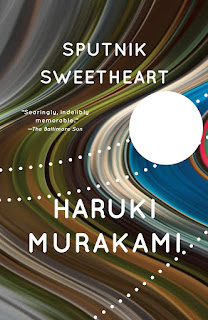Coronavirus: Flattening the Curve

As of the writing of this article, the COVID-19 pandemic has reached staggering numbers, with nearly 200,000 confirmed cases (6,500 in the U.S.) and just under 8,000 deaths worldwide. A much larger figure still, and one that is impossible to quantify, is the number of lives that the pandemic has affected. In the U.S. alone, President Trump has introduced a month-long travel ban from much of Europe, the Dow Jones industrial average has taken an unprecedented dive, restrictions have been placed on businesses (such as restaurants and movie theaters) involving the congregation of groups of people, and schools and universities across the country (including Poly) have transitioned to an online, "distance-learning" format. Given the unprecedented nature of the coronavirus pandemic, it is difficult to gauge the degree to which the American reaction to the outbreak has been, thus far, appropriate. Certain precautions (such as the restrictions on certain types of businesses) appea...





